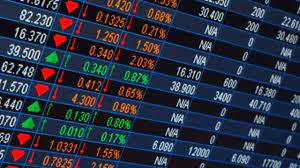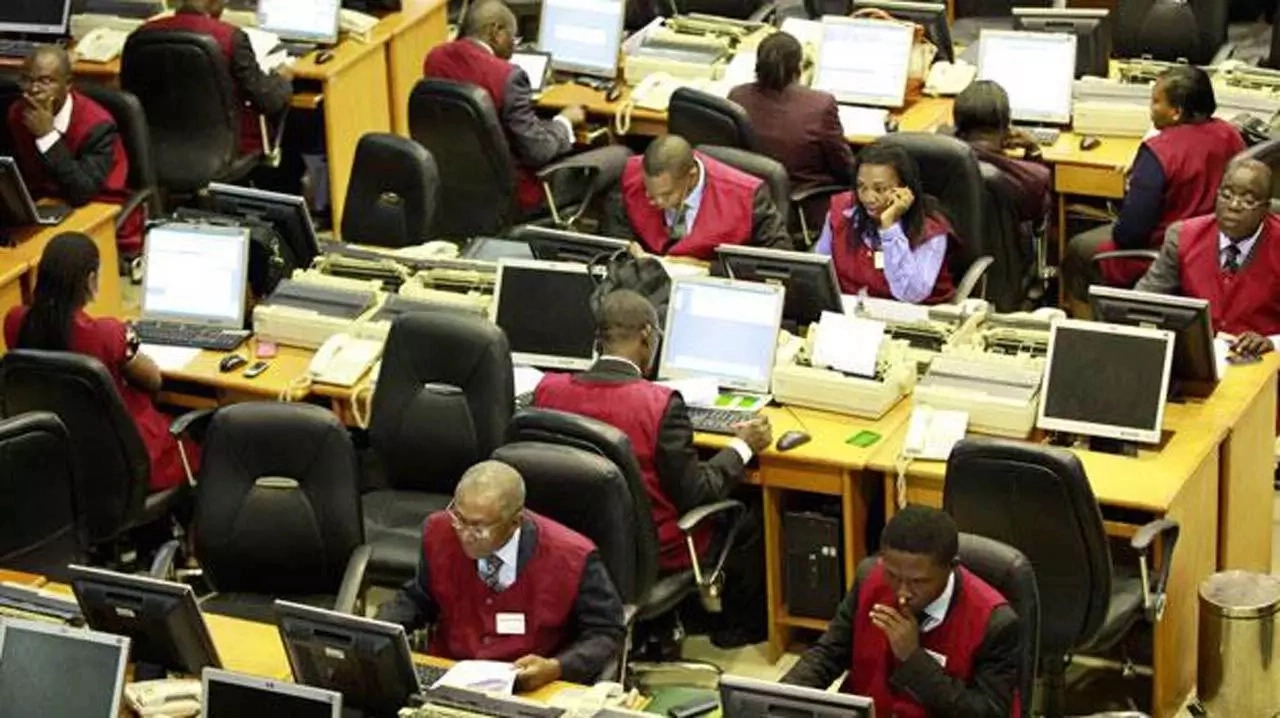An economist and professor of Capital Markets at the Nasarawa State University (NSU), Laffia, Uche Uwaleke, has advised investors on stocks to invest in the capital market as from September 2022 and sell their investments in January 2023 to reduce the impact of electioneering activities on such investment.
Uwaleke gave the advice at a capacity building programme organised by the Finance Correspondents Association of Nigeria (FICAN) in Lagos, saying the stock market had always responded to negative pressures following election years in the economy.

At the forum with the theme: Impact of Electioneering On Fixed Income And Equity Market In Nigeria, he said while the All-Share Index (ASI) depreciated in January during election years except for 2015, “January 2015 ushered in the present administration and it witnessed high tension and uncertainty.
Read Also: Oyewusi lights Zalgiris Champions League hope
“This was compounded by the fall in oil price at the international market and the prediction of Nigeria’s imminent break-up in 2015 by the United States National Intelligence Council. The bearish run experienced in the stock market in the second half of 2014 largely on account of the tension, lingered into January 2015.”
He maintained that the second half of any pre-election year is not for risk-averse investors and advised investors to take longer-term perspectives during the electioneering period, saying that the second half of the pre-election year was a good time to identify and take position in under-valued stocks, especially in dividend aristocrats.
“To identify miss-pricing of stocks, the application of Tobin Q or “Kaldirs V” and ratios are advised. Ultimately, the best strategy to shield the headwinds is to stay with securities that have solid fundamentals as well as ensure a well-diversified portfolio of investments, particularly during electioneering periods, he added.
Uwaleke, however, said that there was still hope for Nigeria’s Equity Market, based on trends analysis, which always experiences drawbacks in every pre-election year, particularly during the second quarter of the year, adding that no investor wanted negative returns on investment (RoIs) and that high inflation was not in the best interest of the equities market.
He maintained that political impact breeds low interest in the capital market, as a sell down in shares was unavoidable despite vast local investors in the domestic market.
“Stock returns have been on a downward trend for all penultimate election years since 2006. Poor performance of the stock market in 2014 despite relatively strong Gross Domestic Product (GDP) growth rate, including strong-crude prices and single digit inflation, may not be unconnected with heightened political tension that characterised electioneering in the second half of 2014.
“Low GDP growth rate of 1.92 per cent double digit inflation rate of 12.09 per cent in 2018 resulted in stagflation, which may have contributed to the negative returns in 2018. Bond yields tend to be higher in the second half of pre-election years. This may be done to increase demand for money occasioned by general elections,” he stated.






